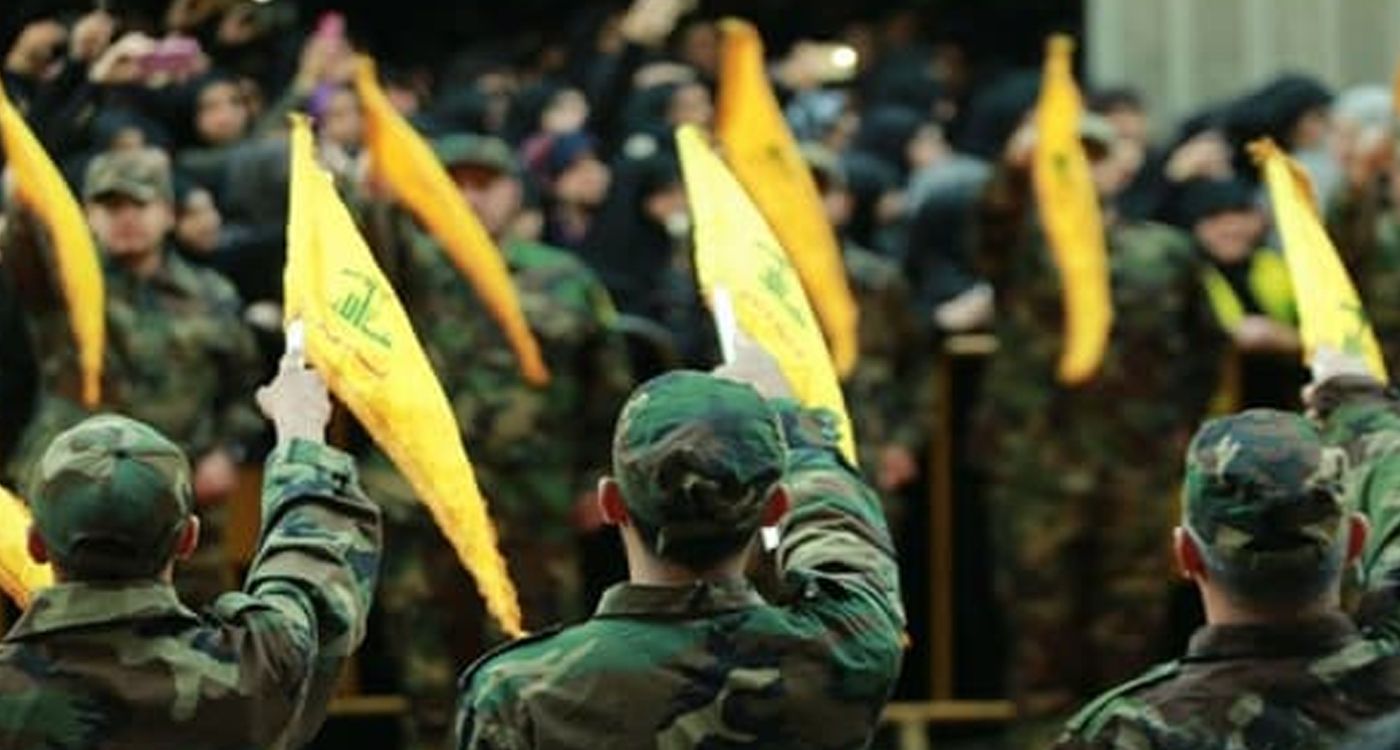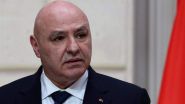
Hezbollah, which unconditionally agreed to the terms of the ceasefire with Israel, is now leveraging certain Israeli actions in southern Lebanon as a pretext to disengage from the agreement and keep its arsenal.
Simultaneously, it seeks to convince the Shiite community that their security hinges solely on their military strength, claiming that the Lebanese Army, as an embodiment of the state, is incapable of ensuring their protection.
Hezbollah launched its support war without prior consultation with the Lebanese state and later agreed to a ceasefire without the state having any role in the formulation of its terms. The Shiite group conducted negotiations indirectly through Parliament Speaker and Amal Movement leader Nabih Berri, while the government lacked the authority to either approve or object, as the decisive word rested entirely with Hezbollah. At this stage, the latter has no grounds to criticize the Army, which was neither involved in the war nor the ceasefire agreement. However, the Army bore the burden of the war’s aftermath when it was tasked with implementing the ceasefire agreement and UN Resolution 1701.
This raises a critical question: Were those who finalized the agreement fully transparent with the Army regarding all its written and unwritten details, as well as the commitments they made to Israel in this context?
Both the ceasefire agreement and Resolution 1701 have strictly prohibited any form of armed resistance. As such, statements from Hezbollah officials regarding the strengthening of the resistance, rearming, or rebuilding its military structure directly violate the agreement. Moreover, these statements give Israel a pretext to maintain its occupation of Lebanese territory and continue its attacks across various parts of Lebanon.
Observers closely monitoring the implementation of the agreement have emphasized that by accepting its terms, Hezbollah made a conscious choice to transition from an armed militia to a political party that refrains from using force to pursue its objectives. The group also committed to distancing itself from Iran’s Islamic Revolution, relinquishing any role in exporting or militarizing it. As a result, it became crucial for Hezbollah to operate solely within Lebanese borders, assuming a political role similar to that of other unarmed Lebanese parties. The collapse of the Syrian regime has only further entrenched this shift, reinforcing the new reality that Hezbollah must now confront.
In this context, observers are questioning why Hezbollah remains so determined to retain its weapons. The liberation of Palestine is no longer part of the equation, the protection of Assad's regime and the supply route from Tehran is lost, and most importantly, the protection of the Lebanese people that Hezbollah claims to offer has not materialized.
At least half of the Lebanese population rejects any form of protection from Hezbollah. For the other half, it is futile to speak of protection when thousands have been killed or wounded, hundreds of thousands of homes, businesses and institutions have been destroyed, dozens of villages occupied and Hezbollah's top leaders, including Secretary-General Hassan Nasrallah, along with senior political and military figures, assassinated. The group’s security and military apparatus has been systematically compromised, and more than a million people have been displaced. Faced with this dire situation, Hezbollah had no choice but to urgently request a ceasefire at any cost — and that is precisely what transpired.
What is required from Hezbollah today is to avoid attacking the state or the Army to deflect attention from its fatal mistake. Instead, Hezbollah must fully engage with the state, hand over all weapons, announce the dissolution of its military structure and commit to upholding the law, the constitution and national sovereignty. Only then can Hezbollah legitimately criticize the state.




Comments